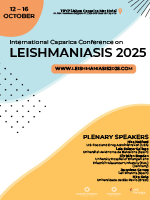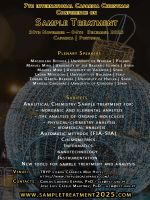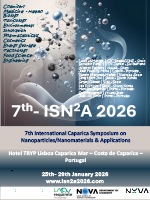High-throughput genomic technology in research of virulence and antimicrobial resistance in microorganisms causing nosocomial infections
DOI: 10.5584/jiomics.v4i2.167
Abstract
Most hospital-acquired infections are caused by organisms common in the general population, in which are relatively harmless. Infection by nosocomial pathogenic bacteria is increasingly becoming a major threat to the patients in the hospital. Molecular diagnosis of antibiotic resistant organisms such as Clostridium difficile Infections (CDI) Methicillin Resistant Staphylococcus aureus (MRSA), Extended-Spectrum β-lactamase (ESBL) Escherichia coli, Vancomycin Resistant Enterococcus (VRE), Carbapenem-Resistant Klebsiella (CRK) among others is vital for prevention of healthcare-acquired infections in acute care facilities. DNA microarray besides being a promising diagnosis tool may also provide valuable information about the mechanisms of antimicrobial resistance and pathogenicity of these bacteria. This review aims to highlight the prominence of high-throughput genomic tools in research of virulence and antimicrobial resistance in microorganisms causing nosocomial infections.









